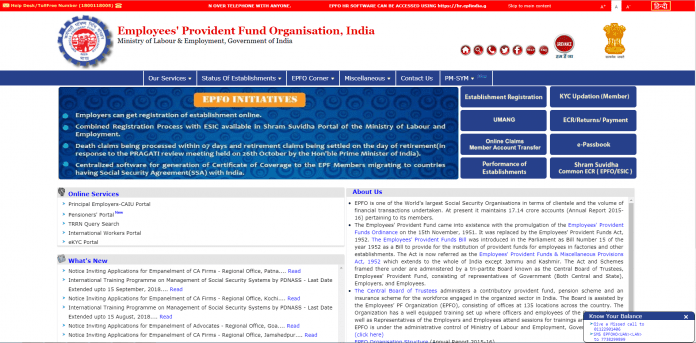EPFO: Provident Fund (PF) is the life-long deposit of any employee, so that he can spend his life in a better way after retirement. If you are also a PF member then this is important news for you. Because one mistake can trap PF money.
New Delhi: EPFO: Provident Fund (PF) is the life-long deposit of any employee, so that he can spend his life better after retirement. If you are also a PF member then this is important news for you. Because one mistake can trap PF money.
Nomination is necessary after marriage
Actually, the rules of EPF and EPS change after marriage. Therefore, it becomes necessary to take care of the nomination. According to the Employees’ Provident Fund Act 1952, the nomination of EPF and EPS gets canceled after marriage. In such a situation, after marriage, nomination has to be done again.
Know who can be nominated
It has also been told about who can be nominated under EPF. According to the EPF Act, in the case of a male member, family means the wife, children, dependent parents and the wife and children of the deceased son.
Similarly, for a female member, family means husband, children, dependent parents, mother-in-law and the wife and children of the deceased son. According to the rules, if there is no member in the EPF member’s family, then he can nominate any person. But, after marriage, his nomination will become invalid and he will have to re-nominate.
If the nomination is not done, the amount is distributed in the family.
According to media reports, if the EPF member does not make any nomination, then the entire amount deposited in the fund is divided equally among his family. And the amount of the unmarried member is given to his dependent parents.
There is also a provision in the rules that if the PF member does not want to nominate any member, such as husband or father, then he will have to give this in writing to the EPFO commissioner.


